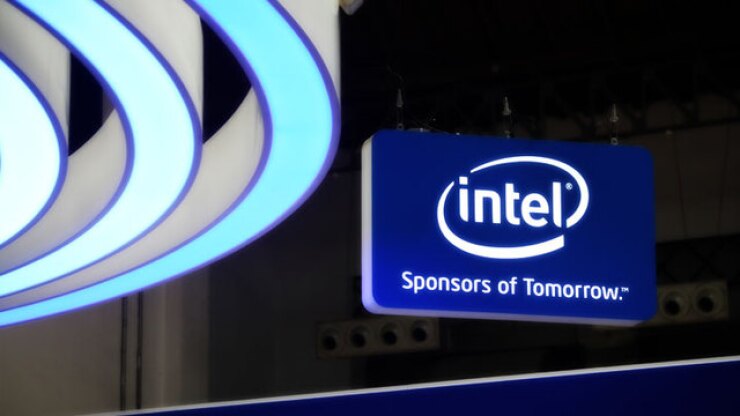In a case whose outcome was cited by a number of companies as a potential risk on their financial reports, the Ninth Circuit reversed the Tax Court and decided in favor of the Internal Revenue Service.
The case involved how expenses are allocated between corporate domestic and overseas operations for a chip technology company that was acquired in 2015 by Intel. The Ninth Circuit initially addressed the issue on July 24, 2018, in which it reversed the Tax Court decision in Altera Corp. v. Commissioner, 145 T.C. No. 3. However, one of the judges who participated in the split decision (2-1 in favor of the IRS) died nearly four months before the decision was published, prompting the court to withdraw its decision "to allow time for the reconstituted panel to confer on this appeal.”
Now, the reconstituted panel has again reached a split decision in favor of the IRS,

The IRS made deficiency determinations based on section 482 allocations. Under the regulations, related business entities must share the cost of employee stock compensation in order for their cost-sharing arrangements to be classified as qualified cost-sharing arrangements. The Tax Court agreed with the taxpayer, chipmaker Altera Corporation (later acquired by Intel), that the regulations were “arbitrary and capricious.”
In a new decision, the Ninth Circuit again reversed the Tax Court by a 2-1 split. Although the facts of the case appear complex, the court said the dispute at issue was relatively straightforward.
“The parties agree that, under the governing tax statute, the ‘arm’s length’ standard applies, but they disagree about how the standard may be met,” the court stated in its
Altera argued that the Treasury must apply a specific method to meet the arm’s length standard — a comparable analysis using comparable transactions between unrelated business entities. The Treasury disagreed that the arm’s length standard requires the specific comparability method in all cases.
“Instead, the standard generally requires that Treasury reach an arm’s length result of tax parity between controlled and uncontrolled business entities,” the court stated. “With respect to the transactions at issue here, the governing statute [Code section 482] allows Treasury to apply a purely internal method of allocation, distributing the costs of employee stock options in proportion to the income enjoyed by each related taxpayer.”
It is not the court’s duty to determine the better of the two positions, but simply to decide whether the regulations are permitted under the statute, the court noted.
“Applying the familiar tools used to examine administrative agency regulations, we conclude that the regulations withstand scrutiny,” the court said. “Therefore, we reverse the judgment of the Tax Court.”
Judge Kathleen M. O’Malley dissented, agreeing with the Tax Court that Reg. 1.482-7A(d)(2) is invalid “as arbitrary and capricious.”





